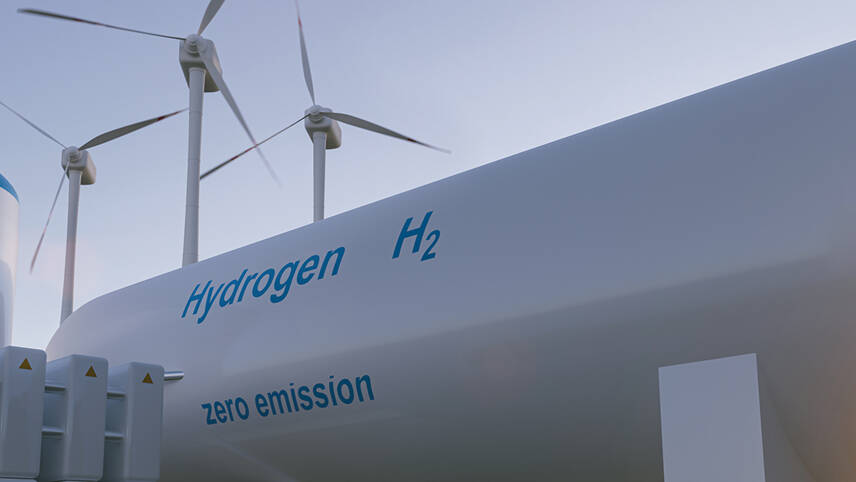This is the Sponsored paywall logged out

Over 40 world leaders have signed up to a pact aimed at driving down the costs of green technology by 2030.
Announced on the second day of the COP26 UN climate conference in Glasgow, the “Breakthrough Agenda” covers five areas – power, hydrogen, transport, agriculture and steel.
The UK government said the commitment, based on its own Net Zero Strategy, would drive forward global progress to halving emissions by 2030.
Leaders of countries that represent more than 70% of the world’s economy, including the US, EU, China and India, have also pledged to discuss global progress every year in each sector, starting in 2022. This will be supported by annual reports led by the International Energy Agency.
The five goals covered by the agenda are:
- Power: Clean power is the most affordable and reliable option for all countries to meet their power needs efficiently by 2030
- Road Transport: Zero emission vehicles are the new normal and accessible, affordable, and sustainable in all regions by 2030
- Steel: Near-zero emission steel is the preferred choice in global markets, with efficient use and near-zero emission steel production established and growing in every region by 2030
- Hydrogen: Affordable renewable and low carbon hydrogen is globally available by 2030
- Agriculture: Climate-resilient, sustainable agriculture is the most attractive and widely adopted option for farmers everywhere by 2030
The UK government said the plan would see nations and businesses collaborate on international initiatives to accelerate innovation and scale up green industries. It cited examples as “stimulating green investment through strong signals to industry about the future economy, aligning policies and standards, joining up R&D efforts, coordinating public investments and mobilising private finance particularly for developing nations”.
It estimated the first five “breakthroughs” could create 20 million new jobs globally and add over $16 trillion across both emerging and advanced economies.
The summit also heard announcements about a series of projects to support the five goals, including the UK-India led Green Grids Initiative. This will focus on interconnection of electricity grids across continents, countries and communities, including mini-grids and off-grid solutions to “ensure no one is left without access to energy”.
UK prime minister Boris Johnson said: “By making clean technology the most affordable, accessible and attractive choice, the default go-to in what are currently the most polluting sectors, we can cut emissions right around the world.
“The Glasgow Breakthroughs will turbocharge this forward, so that by 2030 clean technologies can be enjoyed everywhere, not only reducing emissions but also creating more jobs and greater prosperity.”
Responding to the announcement, KPMG’s head of energy and natural resources Simon Virley said: “The striking thing is how clean hydrogen will play a role in all these sectors: clean power, road transport, steel, industry and agriculture.
“The world is placing a big bet on hydrogen. We will now need large-scale investment from both the public and private sectors to drive down the costs of blue and green hydrogen.
“The UK is relatively well placed in this area, with plans for four industrial clusters with blue hydrogen and carbon capture by 2030 along with 40GW of offshore wind by 2030. All this will mean growing amounts of excess renewable power available to produce green hydrogen. The UK has the opportunity now to lead from the front and demonstrate how we make a reality of a low-cost hydrogen economy.”
Lord Bilimoria, CBI President, said: “The recent publication of the Net Zero Strategy positions the UK to not only take a global lead on this agenda in the years ahead but benefit from growing commercial opportunities too.
“This is about more than seeing and understanding the challenges faced by our climate – it’s about mobilising collective and decisive action to deliver lasting change.”




Please login or Register to leave a comment.